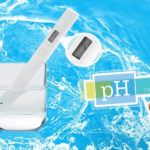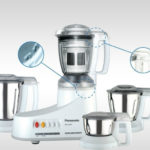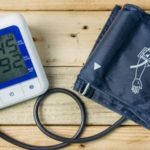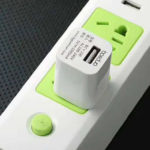1. Avoid using your phone while walking
Experts in safety and health caution against the use of phones while walking. Your brain cannot fully focus on your surroundings when using your phone, making you unaware of potential dangers, such as fast-moving cars. It’s important to stay alert and avoid distractions to ensure your safety.
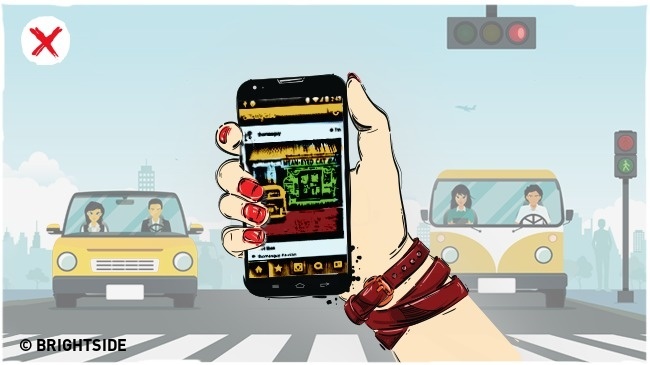
2. Adjust car rearview mirrors for maximum visibility when driving
Ensure that your rearview mirrors are properly adjusted to eliminate blind spots. Rearview mirrors allow drivers to easily observe objects behind and on the sides of the car without turning their bodies. By optimizing visibility, you can minimize the risk of accidents and ensure a safer driving experience.
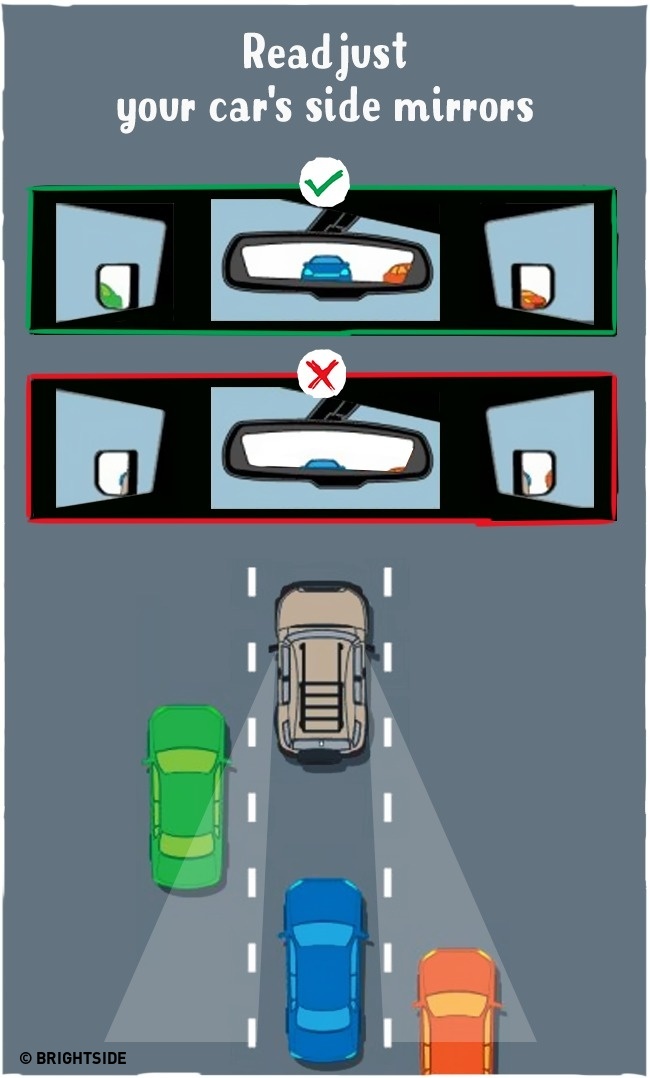
3. Always carry your personal documents and medical records
Carry important medical documents, such as blood type and allergies, as they can be crucial in emergency situations. These documents provide vital information to those assisting you, enabling faster and more effective response to any unexpected circumstances. Additionally, having personal documents readily available helps facilitate communication with your family and contacts in case of emergencies.
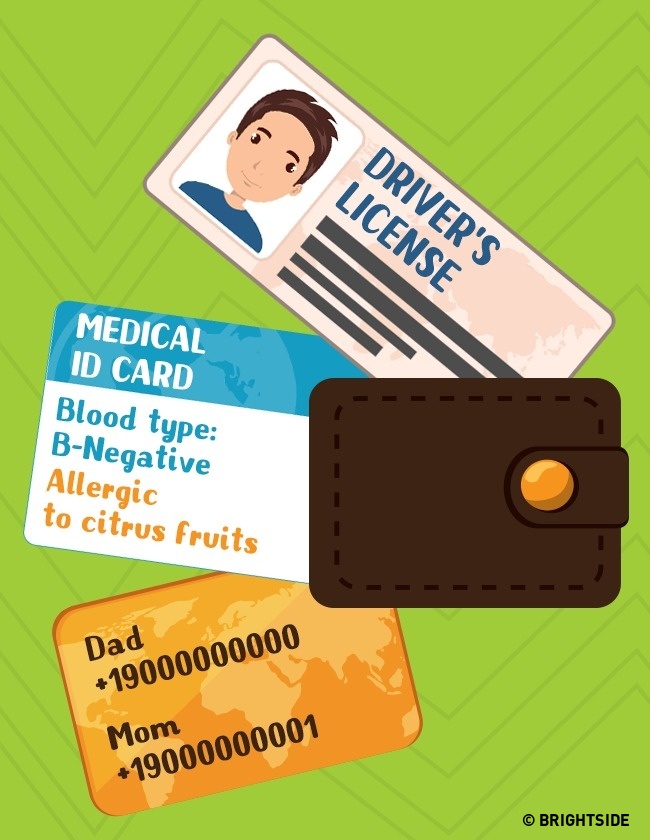
4. Do not inflate your life jacket before exiting the plane
This advice is particularly important during emergency landings in water. Inflating your life jacket inside the plane before exiting can hinder your ability to move freely. Instead, take a deep breath, swim out of the plane with a deflated life jacket, and, only when you’re outside the plane and in a safe distance, pull the cord to inflate the life jacket and float to the surface of the water.
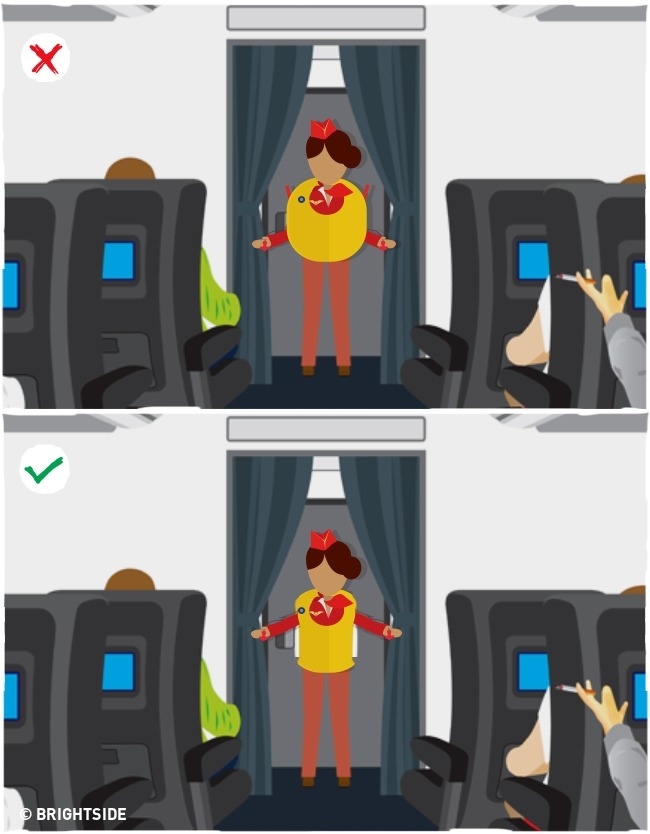
5. Learn the Heimlich maneuver for choking first aid
It is recommended that everyone learns the heimlich maneuver, also known as abdominal thrusts, to be able to assist others and themselves in emergencies. This simple first aid technique can help clear an obstructed airway and is easy to learn. Taking a few minutes to learn this maneuver can potentially save lives in critical situations.
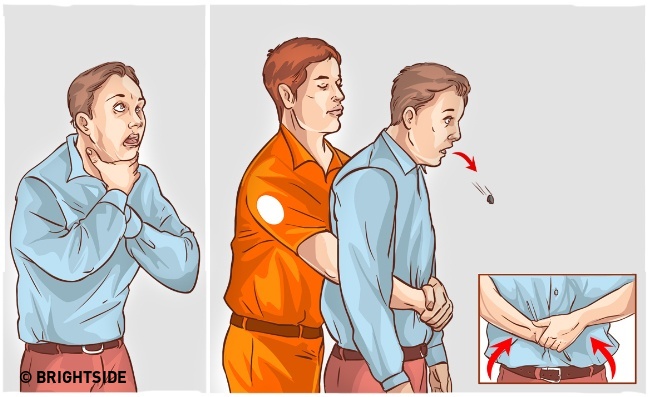
6. Know the body’s tolerance limit based on the “rule of 3”
Research suggests that humans can survive approximately 3 minutes without breathing, 3 days without water, and 3 weeks without food. Understanding these limits can help guide decision-making in emergency situations and highlight the importance of oxygen, hydration, and nutrition for our well-being.
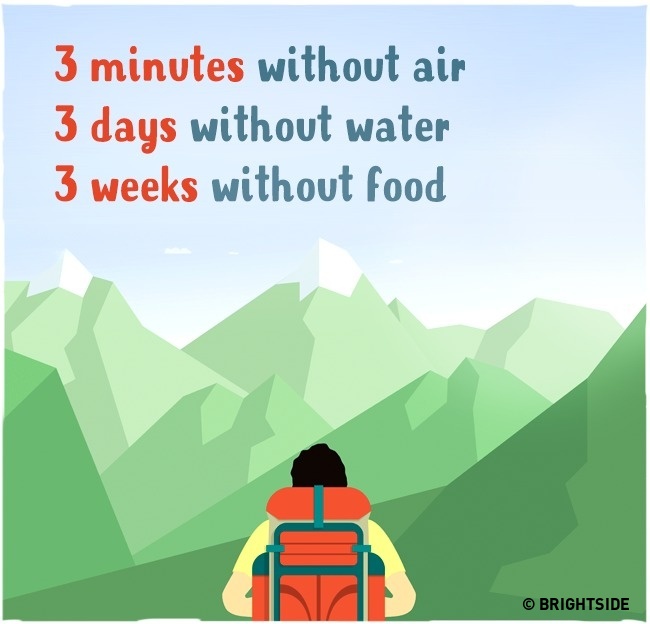
7. Do not pour water on burning cooking oil when cooking on a gas stove
Using water to extinguish fires caused by fat or oil on a gas stove is highly dangerous. Water settled at the bottom of a pan will cause the fire to intensify. In such situations, it is best to turn off the stove and cover the burning pan to cut off the heat and oxygen supply, effectively smothering the fire.
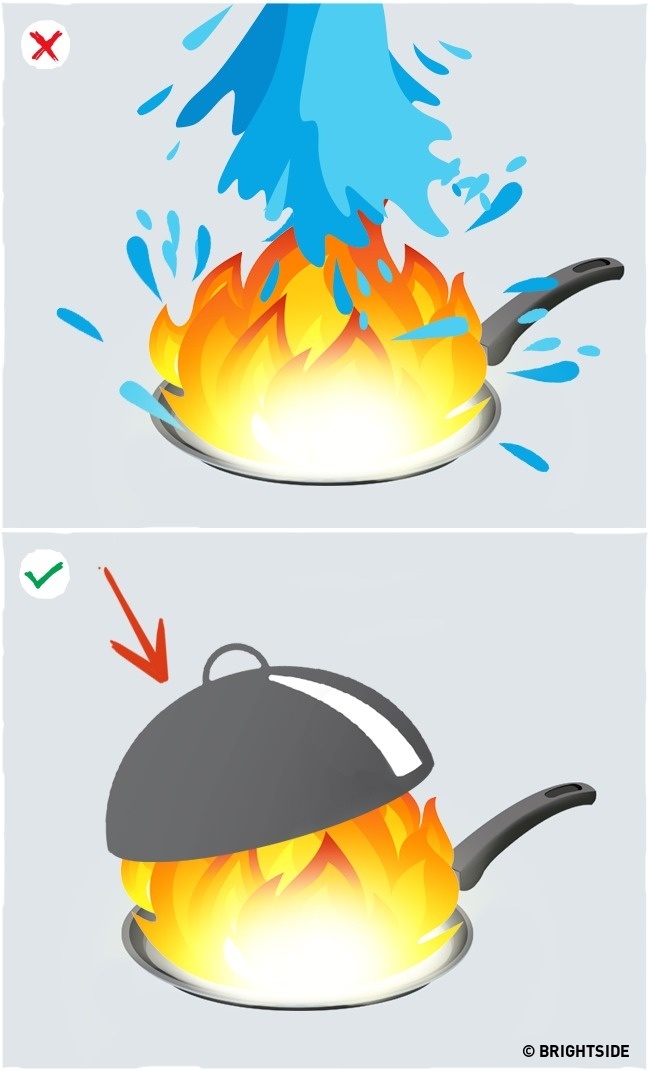
8. Do not remove a knife or sharp object from a wound
When confronted with an injury caused by a knife or sharp object, it is advised not to remove it. Leaving the object in place can help prevent excessive bleeding. Instead, apply pressure to the wound and wait for medical personnel to provide proper care.
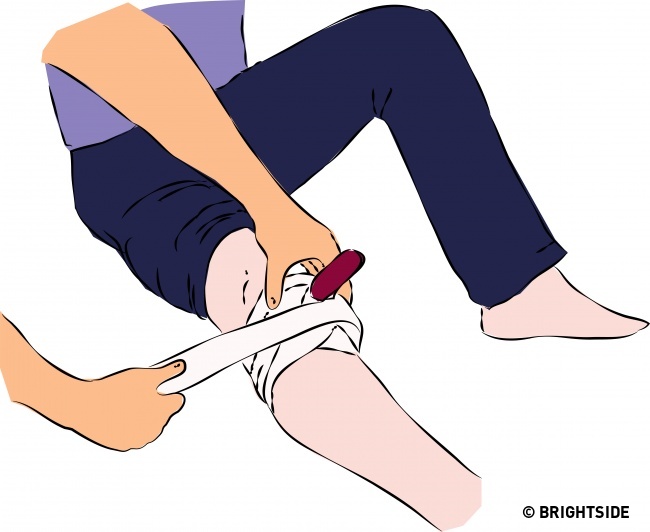
9. Be cautious within 3 minutes after takeoff and 8 minutes before landing
Studies indicate that 80% of plane crashes occur during the first 3 minutes after takeoff and the last 8 minutes before landing. These critical time periods require passengers to remain seated, fasten their seatbelts, and familiarize themselves with emergency procedures. Staying alert and prepared during these times can enhance your safety while flying.
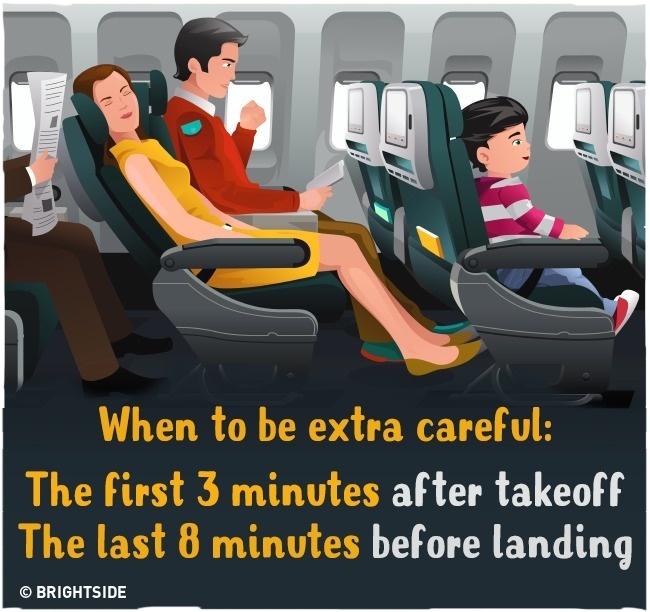
10. Bend over close to the ground to move if trapped in a fire
In the event of a fire, carbon monoxide poisoning poses a greater threat than burns. To minimize the risk of inhaling toxic fumes, experts recommend crawling as close to the ground as possible until you reach a safe area. This lowers your exposure to the harmful gases and increases your chances of escaping a fire.
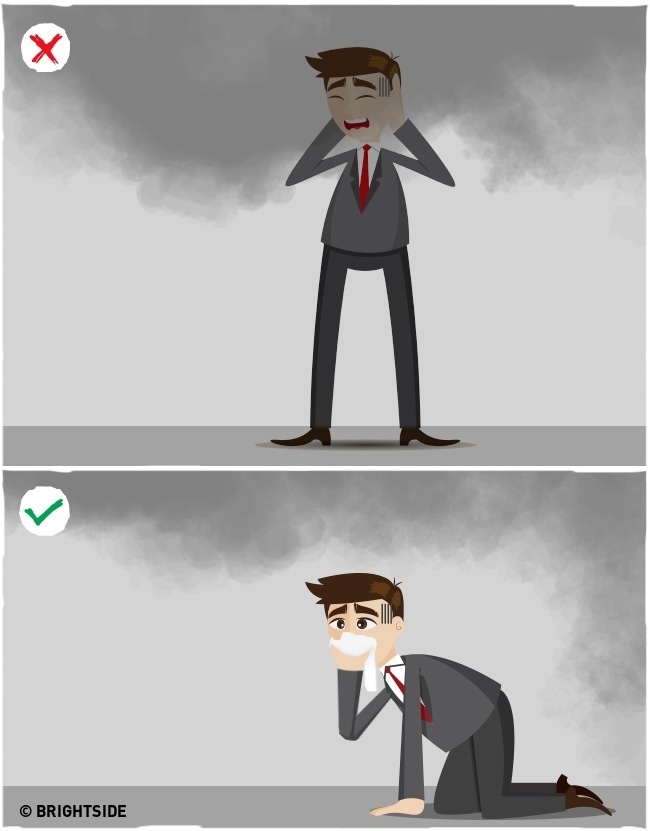
11. Always carry a flashlight with you
A flashlight can be a valuable tool in situations of harassment or sudden attacks. Shine the flashlight directly in the face of an attacker, temporarily disorienting them and providing you with an opportunity to escape. It’s important to have a flashlight with a strong light source and aim it at the attacker’s eyes to maximize its effectiveness as a self-defense tool.
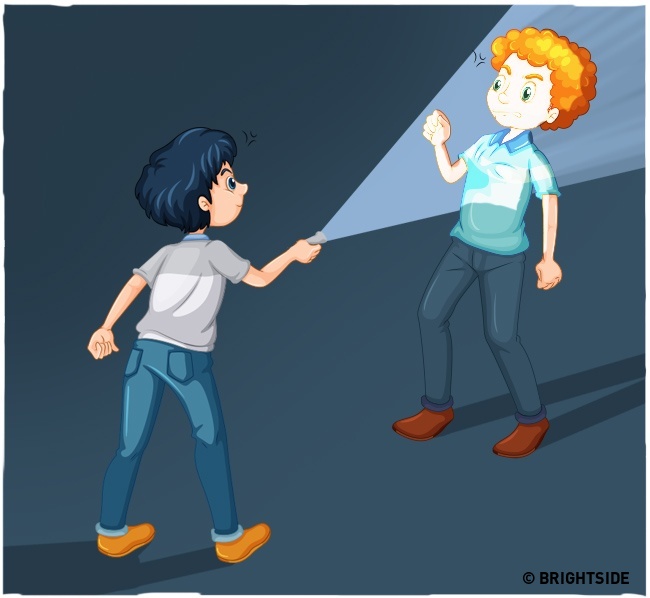
(Source: Bright Side)
Understanding the Health Benefits of Drinking Water of Different pH Levels
Are you aware of the importance of water’s pH to our health? Have you ever wondered what the optimal level of pH in water should be? Read on to learn more about water pH and how it affects our wellbeing.
Explore 12 Amazing Destinations for Biking Trips
Unlock Vietnam in a brand new way with an exciting biking tour! Discover the stunning beauty of the country with Dien May XANH’s top 12 must-see destinations. From sweeping plains to clear blue beaches and mountainous vistas – experience all the sights with your own personal cycling tour. Find your ideal route and set out for an adventure today!
























